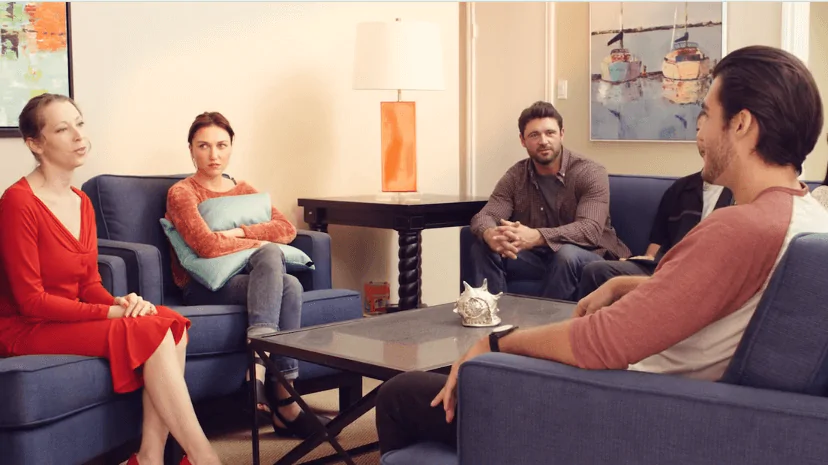24/7 Helpline:
(866) 899-221924/7 Helpline:
(866) 899-2219
Learn more about PTSD Treatment centers in North Hero
PTSD Treatment in Other Cities

Other Insurance Options

Premera

Amerigroup

ComPsych

Magellan

MHNNet Behavioral Health

Cigna

UMR

Lucent

Humana

Private insurance

Coventry Health Care

Sutter

Magellan Health
Beacon

BlueCross

Horizon Healthcare Service

Choice Care Network

Access to Recovery (ATR) Voucher

Aetna

Optima















